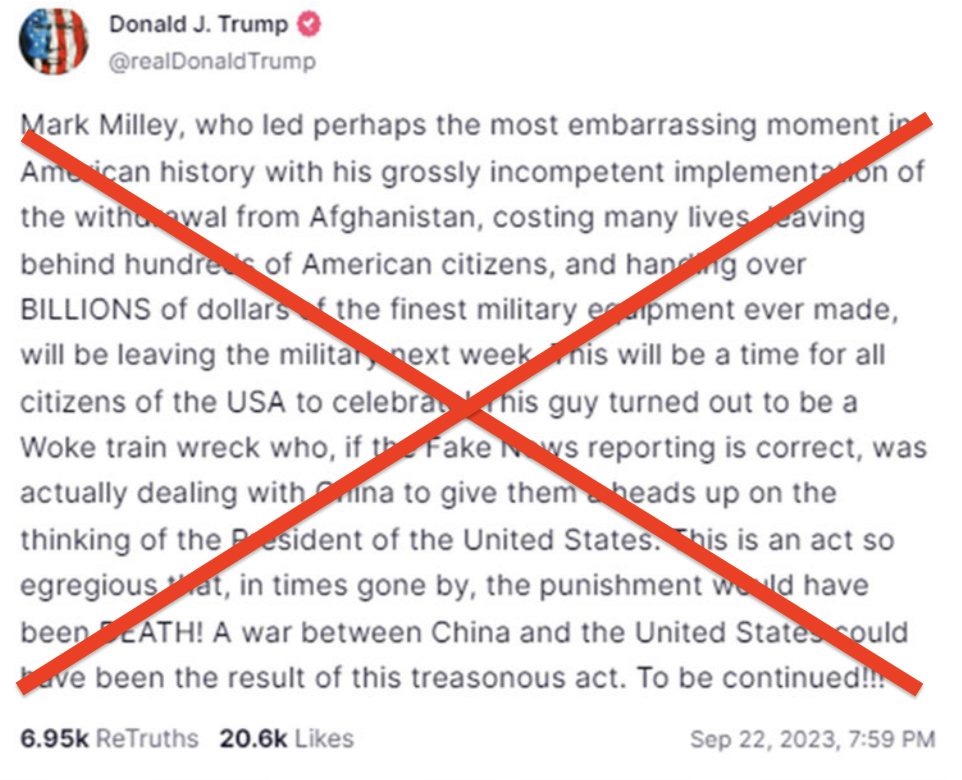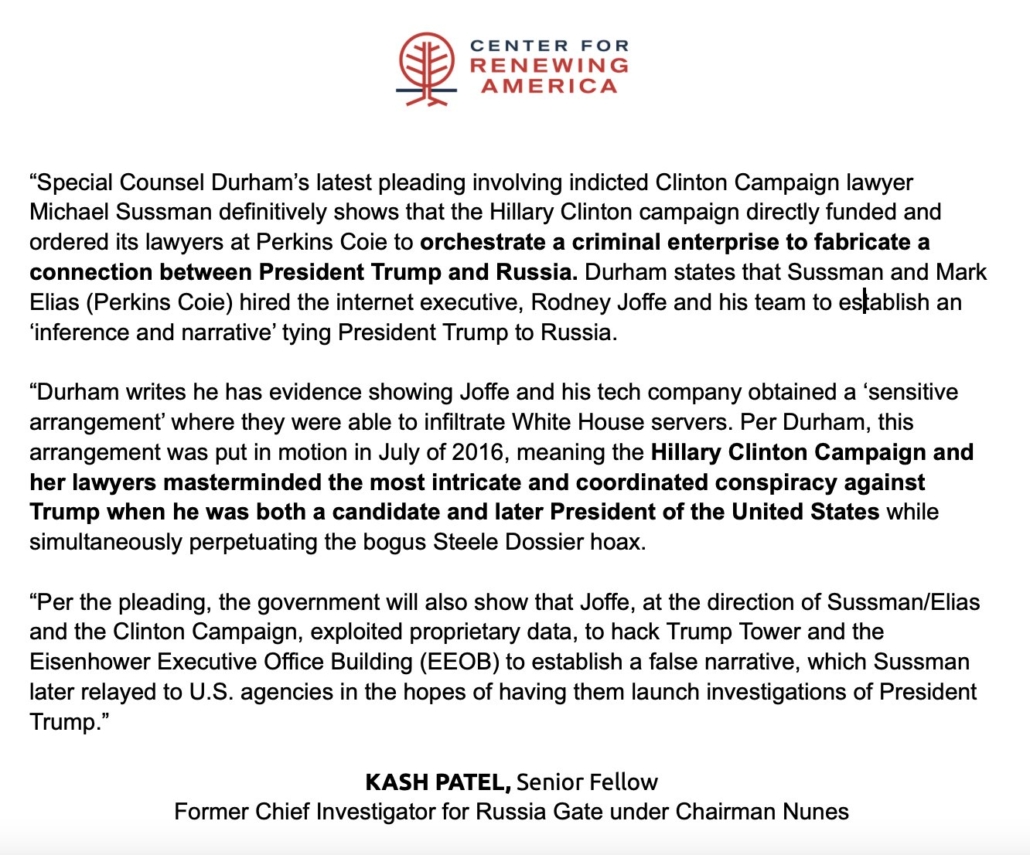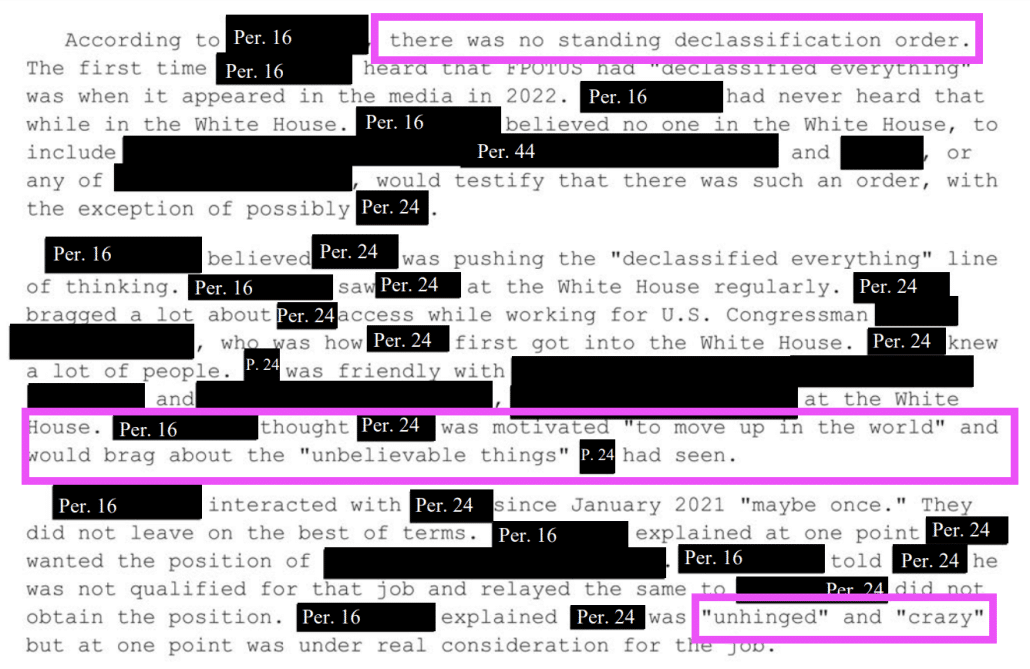The Erasure of January 6th Continues, US Mint Edition
While everyone was watching as Trump and Vance were taunting Volodymyr Zelenskyy in the Oval Office, other things were happening.
From last Friday at the rather niche publication Numismatic News:
The U.S. Mint has removed the bronze medal commemorating law enforcement officers who defended the U.S. Capitol on January 6, 2021, from its website. The removal appears to have been done without prior notice or explanation, leaving collectors and observers speculating about the reason behind the decision.
The medal was originally created as part of a congressional initiative to honor the U.S. Capitol Police, the District of Columbia Metropolitan Police, and other first responders who helped secure the Capitol during the events of January 6. Congress authorized gold medals to be awarded for their service, with bronze replicas made available to the public for purchase through the U.S. Mint.
[snip]
While the medal has been available for purchase for some time, its product page on the U.S. Mint’s website now returns an error message indicating it has been removed.
NBC News adds a few more details:
Former Capitol Police Sgt. Aquilino Gonell, who was injured by the mob on Jan. 6, told NBC News that he tried to purchase a number of the replica medals this week, planning to hand them out as gifts, and was surprised to see they were no longer available.
Gonell said the erasure of the medals fits in a broader pattern, pointing to the failure of Congress to place a memorial for law enforcement officers who defended the Capitol up in the building before Trump’s second inauguration last month.
Justice Department webpages that listed the cases and featured summaries of the work of the federal prosecutors who brought Jan. 6 cases were also removed from the web after Trump took office.
“Not only do Republican members of Congress refuse to put up the plaque, but they are even erasing and removing the ability to purchase the coin for the Congressional Gold Medal,” Gonell said.
Before the listing was erased from the Mint’s website, a description noted that the medal was struck under the authority of Public Law 117-32, an act passed in August 2021 to honor the “sacrifice of heroes including Capitol Police Officers Brian Sicknick and Howard Liebengood, Metropolitan Police Department Officer Jeffrey Smith, and those who sustained injuries, and the courage of Capitol Police Officer Eugene Goodman.”
Tonight, Donald Trump will enter the US Capitol to address a joint session of Congress, entering the House chamber through the same door that Ashli Babbitt tried to climb through before being shot by US Capitol Police on January 6th.
George Orwell wrote 1984 as a warning, and Ray Bradbury did the same with Fahrenheit 451; Trump is using them both as instruction manuals. Trump and his minions are going after the FBI agents who played a part in the January 6th investigation, and also the DOJ lawyers who prosecuted the hundreds of the January 6th insurrectionists, declaring them to be workers of injustice. Trump has pardoned those hundreds – some who had pleaded guilty and others who were found guilty by a judge and/or jury – and declared them to be innocent victims of a political plot against him. Trump launched primary challenges against members of Congress who voted to impeach him, and threatens to do the same to any who stand in his way today. Up is down, declares the leader, and woe to any who dare to disagree.
And in this context, reports emerged last Friday that the US Mint has joined the effort to “disappear” the January 6th insurrection. We don’t know whether they were ordered to stop selling these medals by the White House or whether they decided this on their own as a way of trying to keep their heads down during the Trump/Musk purge of the government. Either way, the result is the same: the history of January 6th is being slowly erased.
The wording on those January 6, 2021 commemorative medals is simple and direct: “Honoring the service and sacrifice of those who protected the US Capitol.” The US Mint may have stopped selling the medals, and Trump may have pardoned those who stormed the Capitol, but the service and sacrifice which the medals recognize cannot be erased.
It can be forgotten, though – and nothing would please Trump more than that.






